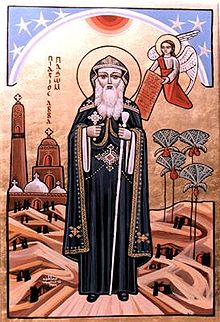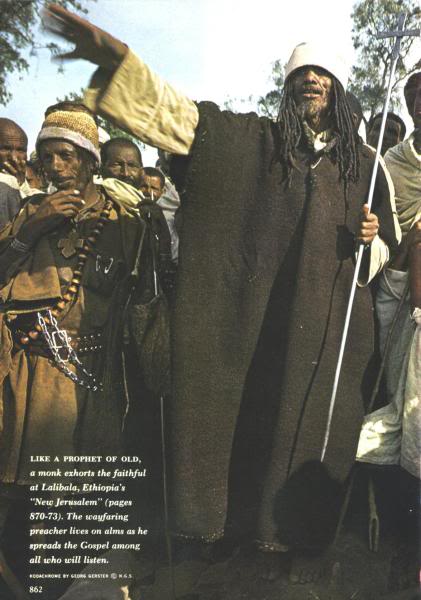N
Nanopants
Guest
I don't put much stock in the common understanding of holiness, as if the masses knew enough to correct those called out ones, especially since similar words were said to David when he returned to Jerusalem. Yet of the world, David said:
The earth is the LORD’s, and all its fullness,
The world and those who dwell therein. -Ps 24:1
And Isaiah:
“Holy, holy, holy is the LORD of hosts;
The whole earth is full of His glory!” -Isa 6:3
There is a pattern among the lives of the saints in scripture: God brings them out that He may bring them in to where ever it is He leads them, but since God can choose our delusions, and because scripture discerns the thoughts and intents of the heart, fastening some people into chains, "church" can be worse than the "world."
The earth is the LORD’s, and all its fullness,
The world and those who dwell therein. -Ps 24:1
And Isaiah:
“Holy, holy, holy is the LORD of hosts;
The whole earth is full of His glory!” -Isa 6:3
There is a pattern among the lives of the saints in scripture: God brings them out that He may bring them in to where ever it is He leads them, but since God can choose our delusions, and because scripture discerns the thoughts and intents of the heart, fastening some people into chains, "church" can be worse than the "world."
Upvote
0


 while not being Desert Fathers per se they would make good Halloween characters ... well maybe not.
while not being Desert Fathers per se they would make good Halloween characters ... well maybe not.


